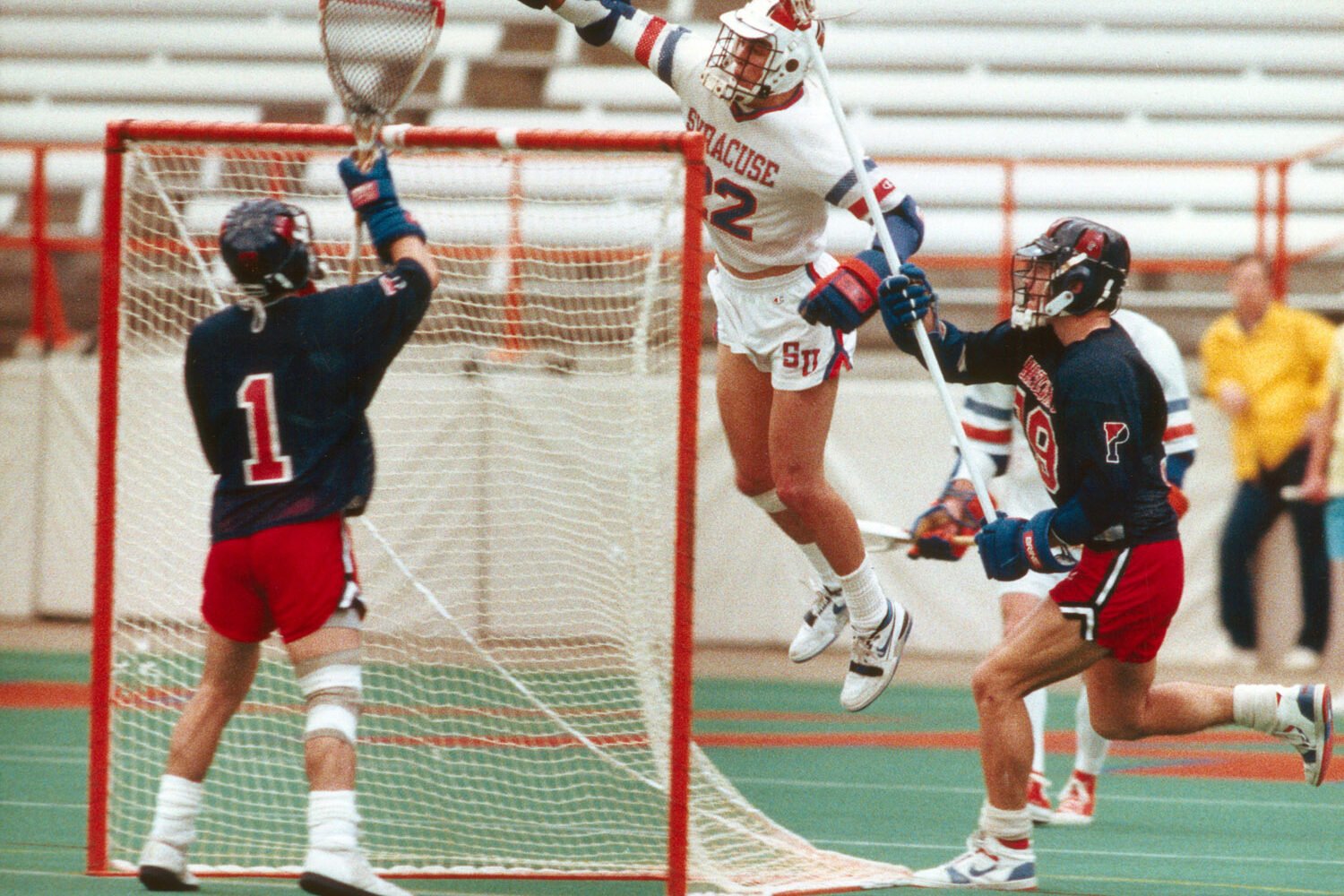Although “hi” is the more common salutation, I prefer “dear” because it’s more cordial. Perhaps you think it too affectionate between strangers. But humans aren’t fated to remain alien to one another: We can imagine being in each other’s shoes. For instance, I can understand why your football team is so dear to you. In 1954, my father took me to Forbes Field in Pittsburgh to see the Pirates play the Brooklyn Dodgers. The Pirates became my beloved team, that ballpark the center of my universe. I’d love to revisit it, but it was long ago demolished. As a Pirates fan, I grew accustomed to loss. But losing what’s dear is always heartbreaking.
To me, the words “Forbes Field” are still charged with an enthralling import, although the place is gone. Words have an uncanny power: Though we make them up, we’re dependent on them for access to what they mean. Just saying the name of what we love brings us into intimate rapport with it.
But words can also burn. My mother had few rules, but one was absolute: Never say “Shut up.” I said it once to my sister and got my mouth washed out with soap. When we say “Shut up,” we’re using words to stop the flow of them—using language to betray it.
There’s another, less intentional infidelity: saying words but ignoring their original meaning. “That sucks” is now ubiquitous. Many of us don’t think twice about using it. In fact, most of us don’t think once—and, when we say it, don’t have in our minds the behavior it was once used to ridicule. But sooner or later our words spring on us the import we’ve overlooked. Sometimes the surprise is a joy, sometimes a slap in the face.
For you, the word “Redskins” is charged with your childhood enthusiasm and adult passion. Like all words deemed precious, it seems inseparable from what it signifies. So it wasn’t surprising that you recently tried to stop the talk of changing your team’s name by insisting that would never happen. Changing it would involve a mortal loss—one far more heart-wrenching than a Super Bowl “sudden death.” Redskins fans would have to suffer the death with you. But we’re sometimes called upon to undergo such deaths. In fact, sport itself always exposes us to loss—and often requires us to bear it. My father used to say, as I cried after a Pirates defeat, “It’s only a game.” He was mistaken. A game exposes us to elation and anguish because it places us in the throe of the deepest mysteries.
When we lovers of Washington’s team say it, the word “Redskins” means our shared participation in these mysteries. It calls to mind the ardor of autumn Sundays, the goal-line stand, the hope that rides on a Hail Mary pass. It never for a moment calls to mind red skin. We never once think of the original human inhabitants of the fields on which we play. As the game’s drama unfolds, nothing is farther from our minds. But this is just the difficulty. We say “Redskins” without thinking of those the term was originally used to insult. We wear outfits imprinted with a “red” face. But the actual people represented by it are invisible to us. We perpetuate the insult in the word by remaining oblivious of it.
Perhaps you’d prefer I shut up. In a weak moment, I might say, “The team’s name sucks.” But let’s both trust our better angels. Some will call this matter silly—“after all, it’s just a word.” Our common ground, Mr. Snyder, is that we realize the precious power of words. Standing in the shoes of those with whom we share this ground isn’t enough. We have to hear with their ears.
Jerome Miller is professor emeritus of philosophy at Salisbury University and author of The Way of Suffering. He can be reached at jamiller@salisbury.edu.
This article appears in the August 2013 issue of The Washingtonian.

















